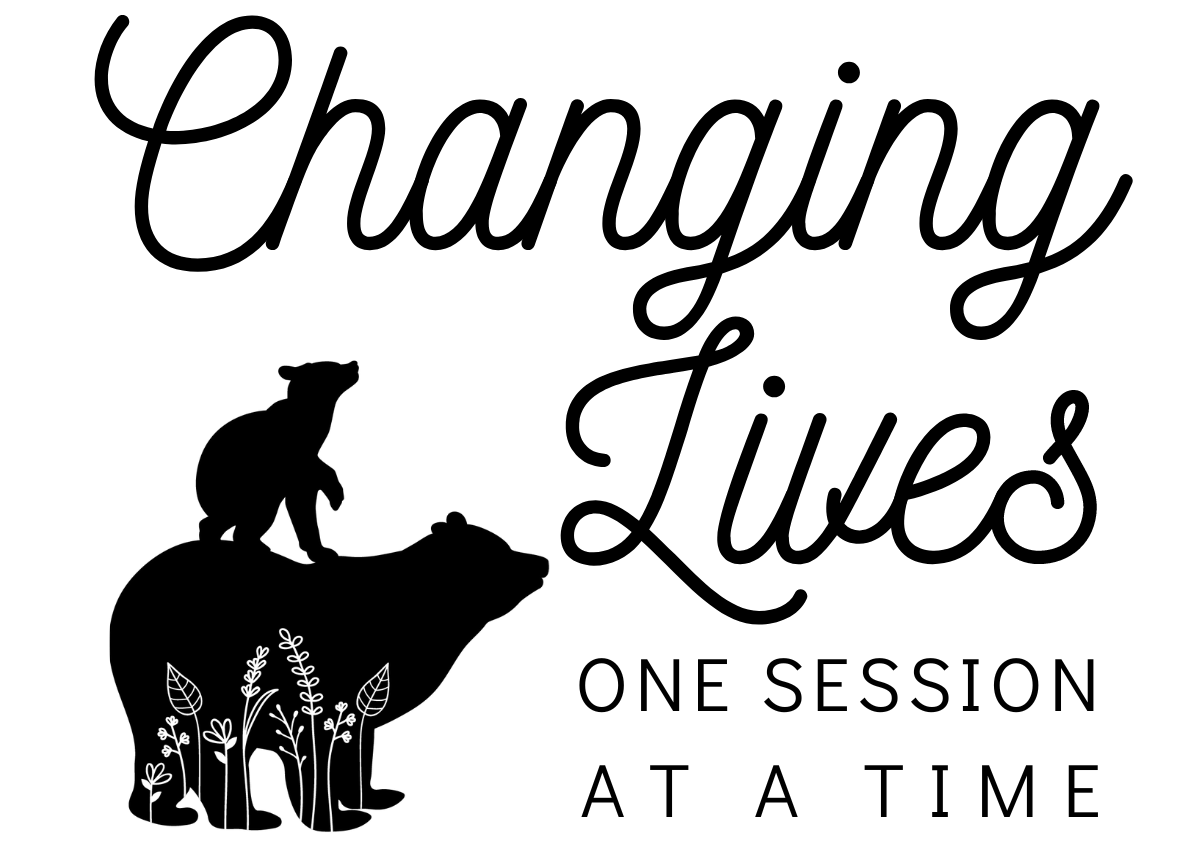I Became a Speech Therapist
The gift of helping children communicate has become an amazing journey
by Andrea Quinn, M.S., C.C.C. – Director of Speech and Language Department
Sometimes the strangest memories stay with us a life time. In high school, I remember sitting in Mr. L’s geometry class (not my strongest subject) and for whatever reason, he started telling some of us what he thought we were going to do with our lives. When he got to me, he said, “You are going to help people someday. I’m not sure how, but you are going to be in a position where you dedicate your time to others.” As a sophomore in high school, I felt overwhelmed and rather humbled by his assumption. What could I do to help people?
What my teacher said never left me. By my senior year, I had fallen in love with Northeastern University, and as soon as I read about the Communication Sciences and Disorders program (aka speech therapy), I was hooked. I knew that what I wanted to do was to help people communicate who couldn’t or did not know how!
Through my undergraduate and graduate degree years, I learned amazing things that I would be able to pass on to my clients one day, but most of what I learned didn’t directly relate to Autism. It wasn’t until I had my first job that I found much of my non-verbal clients fell under the spectrum. This is when my first-hand education began. Through collaboration with other disciplines, continuing education and seminars and my own trial and error experiences I began to figure out how to help children with Autism communicate.
In my career, I have had the opportunity to work with children across the spectrum with mild, moderate and sever forms of autism. I have worked with children who are non-verbal, non-communicative, verbal, communicating through devices, communicating through adapted signs, communicating through behaviors. I have witnessed non-verbal children become verbal. I have shared the joy of their first words with the world. I have witnessed non-communicative children communicate their desires through non-verbal methods.
Progress can be made. Early intervention is key. I love what I do and am grateful that this is what I get to do every day.
